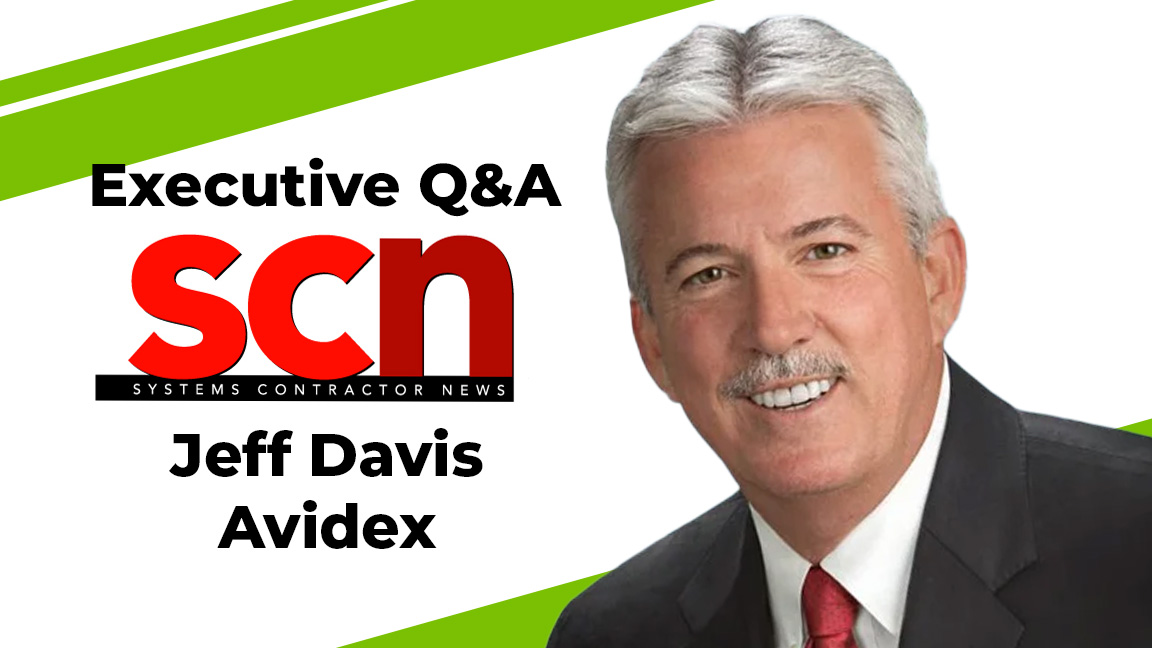Tough Customers, Part 3
A daily selection of features, industry news, and analysis for AV/IT professionals. Sign up below.
You are now subscribed
Your newsletter sign-up was successful
by Danny Maland
I usually like a well-educated customer. A client that knows what they want, why they want it, and how to talk about it is usually a joy. There's very little guesswork involved, and no expectation of magical results. A job with a knowledgeable client is a low-stress sort of situation.
Except when it isn't.
There are some clients out there who know just as much as you do, or more. This, in itself is not a problem – actually, it's a very good thing. Where this does become a problem is when the client starts trying to do your job for you. This becomes even more problematic when the client has embraced an unhealthy dose of mythology. If that's the case, you're probably in for an experience somewhere in the “frustrating” continuum.
My nickname for these folks is “The Pundit.”
An experience that I once had with “The Pundit” was one involving a “peripheral” client. When I say, “ peripheral,” what I mean is that the person involved was someone meant to be served indirectly, as a patron of the music venue that I was working for. My direct clients were, of course, the owners of the venue. I had helped them with equipment installation, supplementation, and consulting, and was also operating the installed system at the time.
The “peripheral” client in question was a little bit put off by the fact that I had earplugs in while mixing the show that night, and was also put off by my having an RTA (Real Time Analyzer) running on my laptop. He expressed dismay that I didn't trust my own ears, and that I should take the earplugs out. That way, apparently, I could hear if the overall sound in the room was unpleasant, and I could then make adjustments. This patron clearly knew something about audio mixing, as I would consider his comments to be a reading of the situation that required being at least a bit informed.
A daily selection of the top stories for AV integrators, resellers and consultants. Sign up below.
What made the exchange worthy of a bit of a sigh on my part was that “The Pundit” didn't know the whole story – and had apparently bought into a “macho man” theory of live sound reinforcement technique that I just can't condone. In my case, the RTA that I run during live shows is more of a “just in case” measure in case some frequency “takes off” in a stubborn way. I don't stare at the display all night, trying to achieve some theoretical frequency response curve. I do, in fact, listen to the show, and I do, in fact, trust my knowledge of how my ears hear when plugged. Wearing plugs religiously through quite a few multi-hour shows averaging 105+ dB SPL (Sound Pressure Level) C-weighted is why I do still trust my ears to tell me what's going on.
A couple final pieces of this puzzle should also be mentioned. One is that, at the time, one of my “direct” clients was sitting next to me at FOH (Front Of House). My actual client was happy as a clam – as were the other patrons in the venue. Further, “The Pundit” did not have an actual complaint about the sound of the show. He seemingly just didn't like that I wear plugs and keep an RTA running.
This isn't my only experience with “The Pundit,” of course, but it's an example that I remember with some detail. I'm sure a lot of us can remember times where we were micromanaged down to individual processor settings by folks who “knew better.” I'm sure a lot of us have had all kinds of mythology passed off to us as fact over the years (which isn't so bad, except when a person is telling you to do something that is just plain wrong, and expecting to pay you to execute that just plain wrong thing).
So – how to respond?
Perhaps it's just my non-confrontational nature (born of shyness), but I don't think “The Pundit” can really be educated or “brought around” by way of sound argument. After all, they wouldn't be “The Pundit” if they weren't secure that they know all the right answers. The strategy that I have found to be most viable involves two prongs: Graciousness and Correct Action.
The graciousness component comes from being able to recognize that “The Pundit” actually does have hard-won knowledge in their “bag of magic tricks.” Even if they've gotten wrapped up in techno-myths and bad information, we have to recognize that these folks have been able to make the information in their head work for them. In conversation, I think it's immensely important to seek out any kernel of truth that we can find, and use that as a basis for the rest of the client relationship. This also extends to the technical aspects of the work. If there is a way to implement what “The Pundit” wants without torpedoing the project, then I think you may find it's worth it (detours and all).
As a sort of aside, I should also point out that listening carefully to what “The Pundit” says is a gold mine of information. Even though they may have their facts totally wrecked, the knowledge of which facts are getting wrecked, and how, is something you should mentally file away. You can then call on that file to spot trends in misinformation, and you can also call up that information when dealing with a client who CAN be easily educated about what's true and what isn't.
The AVNetwork staff are storytellers focused on the professional audiovisual and technology industry. Their mission is to keep readers up-to-date on the latest AV/IT industry and product news, emerging trends, and inspiring installations.
